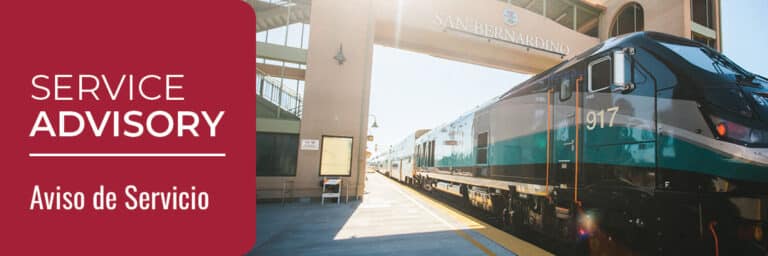Spring is a time for renewal and growth, but it can also be a stressful time for those who are struggling financially. If you’re feeling overwhelmed by bills, debt, or other financial issues, now is the perfect time to take a step back and reassess your situation. With a little bit of effort and some smart strategies, you can start to get your finances in order and feel more confident about your future.
Assess Your Financial Situation
The first step to getting your finances in order is to take a close look at your income, expenses, and debt. Make a list of all your bills and debts, and calculate your monthly income and expenses. This will give you a clear picture of your financial situation and help you identify areas where you can cut back or save money.
Many banks now include features that can track where you are spending money from the accounts you hold with them. Additionally, tools like Mint by Intuit can help you see your spending across multiple accounts and cards to better understand your cash flow.
Create a Budget
Once you have a clear idea of your income and expenses, create a budget that works for you. Make sure to include all of your bills and expenses, as well as a savings plan. Stick to your budget as closely as possible, and track your spending to make sure you’re staying on track.
Creating a budget doesn’t have to be difficult or time-consuming. There are plenty of easy-to-use options available to help you manage your finances and keep track of where your money is going. Apps like Mint include budgeting options and can be super quick to set up. For those who prefer spreadsheets, there’s an abundance of templates available for Excel or Google Sheets that can be modified to work best for you.
Find Little Ways to Save Money
There are plenty of ways to save money, even if you’re on a tight budget. Consider cutting back on non-essential expenses, like dining out or subscription services. You can also look for ways to save money on essential expenses, like groceries and utilities. Consider using coupons, buying in bulk, or switching to a cheaper service provider.
If you are struggling financially, don’t be ashamed to reach out to the community for additional support. Many cities and counties have local no profits or community food pantries that can help you stretch your budget. Use that support to get back on your feet and later you can volunteer to help others who are struggling.
Build Your Emergency Fund
One of the best things you can do for your financial security is to build up an emergency fund. Aim to save enough money to cover at least three to six months’ worth of expenses. Start small by setting aside a small amount each month, and gradually increase your savings as you’re able.
If you’re struggling to make ends meet, it can seem like an emergency just to keep the lights on. But setting aside even a modest amount of $20 a month can give you some breathing room. Look for resources that can help you lower your expenses so you can afford to put a little away for an emergency fund. It’s not much, but having that financial cushion could mean the difference between facing a flat tire with complete panic or a little peace of mind.
Seek Help if Needed: If you’re struggling with debt or other financial issues, don’t be afraid to seek help. There are a number of resources available in Southern California, including financial counselors, CARE programs for utilities, and debt relief services (be careful with these!). Reach out to trusted or highly recommended professionals for advice and guidance.
Benefit
Getting your finances in order can be a challenge, but it’s important to financial well-being and reduced stress. By assessing your financial situation, creating a budget, and finding ways to save money, you can start to take control of your finances and feel more confident about your future. Remember, it’s never too late to start making positive changes.






